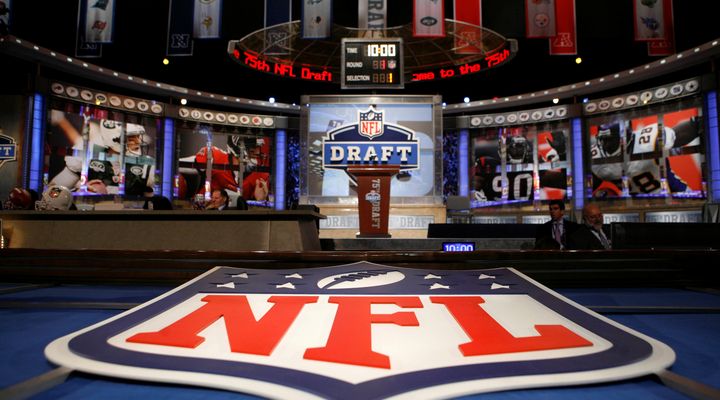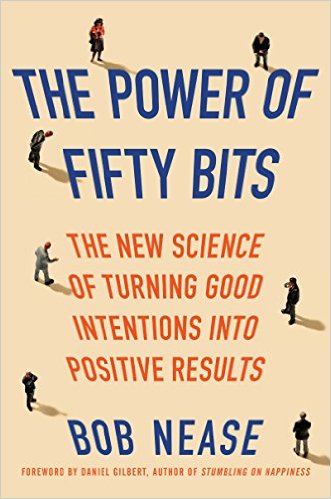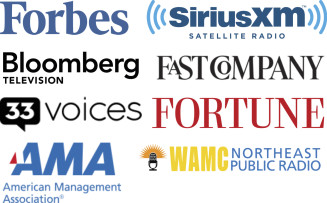In a previous blog entry, I shared an interesting study by Thaler and Massey showing that teams with earlier draft picks seem to do worse than those with lower picks. Ugh!
What’s going on? Thaler lists a number of psychological forces that could explain this funk: overconfidence, desire to avoid regret, and the like. But perhaps the biggest one is the sheer difficulty of evaluation. It’s just flat out tough to evaluate each pick and even harder to evaluate trades in picks. We simply aren’t wired for this sort of thing.
This may be why the NFL teams have implicitly embraced The Chart (which, with its capital letters and lack of specificity sounds like something ominous out of a Dan Brown novel). The Chart is a guide that sets prices for trades in pick order, and was – believe it or not – constructed by an engineer named McCoy based on a subset of trades from 1987 to 1990. The Chart might not be perfect, but it’s straightforward, and kids, we’ve got some tradin’ to do.
The bigger point here may be about the allure of standards as a means to move on to what we were hired to do (or to what we enjoy doing). Conventions are types of standards that offer advantages because they help coordinate behaviors. For example, it probably doesn’t matter much whether we drive on the right or left side of the road, but it does matter that we all agree about which side we’re using.
Ironically, as things get more complicated, we become more hungry for standards because they make our lives easier. Unfortunately, we become so desirous of a standard that we may embrace one that isn’t fully rational… and the more of us that embrace such a standard, the faster it locks in. (I saw this happen in academics around standards for performing cost-effectiveness analysis. Several colleagues of mine admitted that they disagreed with several of the principles that were put together by a high-profile task force, but would adhere to those standards anyway because then they wouldn’t have to explain their overall methodologic approach when writing up their work.)
Thaler closes out his review with an oblique suggestion that CEOs should be given IQ tests as part of their selection process. Could be, but unless we’re sure that IQ is highly predictive of future performance, it could be the corporate version of The Chart.
(Note: this entry originally appeared at consumerology.com)




